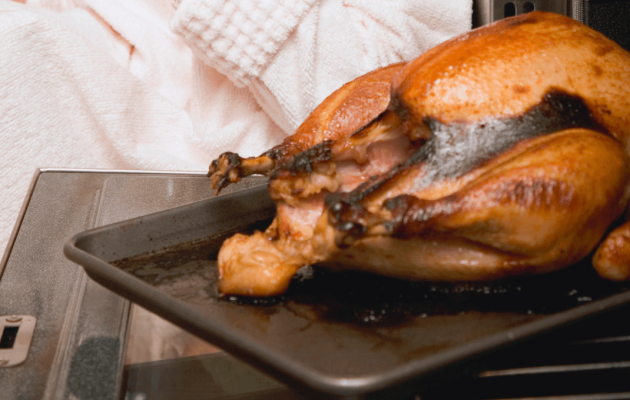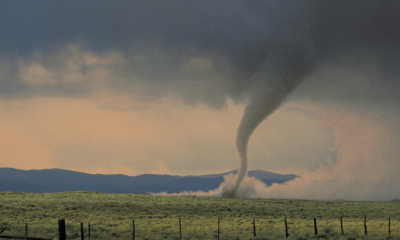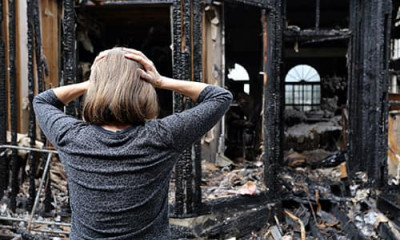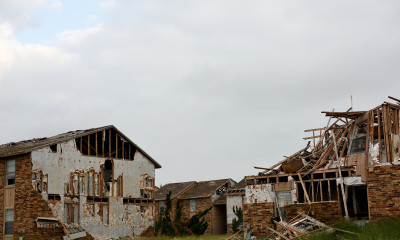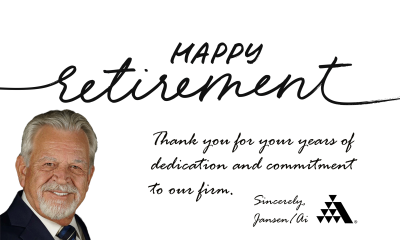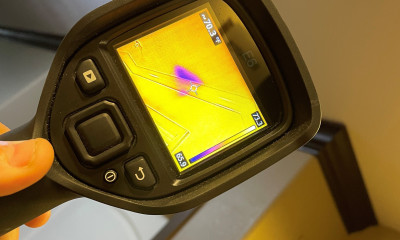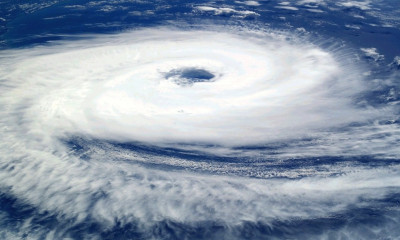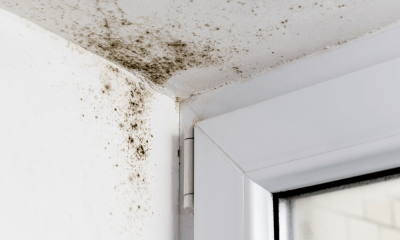The Holidays and Fire-Damaged Property Claims
The holiday season is the time of year when our firm sees a rise in fire-related claims. Electrical, chemical, and cooking fires sometimes result from charging batteries, dust build-up, and working with hot oils for holiday meals. Christmas decorations can also be a fire hazard. These fire prevention tips involving wintertime activities can help keep homeowners and their property safe during the holidays:
Space Heaters
Electric space heaters are a huge issue every year. Statistics show that they are to blame for 80% of house fires that result in fatalities. The problem is not the space heaters themselves; the issue is when used in an unsafe manner. Placing heating equipment too close to walls and flammable objects such as upholstered furniture, clothing, bedding, curtains, mattresses, paper, and flammable liquids can spark ignition. If left unattended or on overnight, a fire can easily result.
Many modern space heaters include safety features that lower the risk of fires. To determine if an older space heater is still safe for use, check the cord and plug for damage and the body for wear. Then, place the heater on a solid, flat area or floor away from children, pets, and things that can catch fire.
Never leave a space heater unattended, and be sure to unplug it after use. Always store it in a safe place.
Extension Cords
Extension cords should be properly outfitted with surge protection. Take care not to plug too many appliances into a single power strip, and do not leave extension cords plugged in for long periods. Inspect plugs and wires for damage and discard promptly if any fraying occurs.
Battery Chargers
When using battery charges for power tools and electronic devices, be sure to unplug them after use. Many homeowners leave their devices charging continuously. Doing so can lead to fire hazards and a shorter life span for the charger.
Chemical Storage
Generally, homeowners store chemicals manufactured for household use in their basement, storeroom, or laundry room. The water heater or furnace often shares this space. Unfortunately, flammable chemicals stored too close to an open flame or a heating element frequently result in disaster.
Take care to store chemicals in a cabinet or a closed container on a shelf, safely away from these appliances.
Frying Turkeys
A fried turkey is a delicious addition to a holiday meal. However, determining the proper amount of oil needed to cook the bird thoroughly can be tricky.
- Make sure to fully thaw your turkey before putting it into the oil, as a partially frozen turkey will cause hot oil to splatter.
- The turkey fryer should be outside the building on a sturdy, level surface to prevent it from tipping over and spilling the oil.
- Set the fryer at least 10 feet from any structure and not beneath roof eaves.
- Use thermostat controls to avoid overheating oil to the point that it may catch on fire.
Most importantly, remember to keep children and pets at least three feet away from the turkey fryer.
HVAC
HVAC units that aren't properly maintained can become a fire hazard. For example, dirt that accumulates on coils, fans, etc., may ignite when you turn your heater on for the first time during the colder months.
The best way to avoid problems is to contract with a service company for annual checkups to clean components and repair/replace any parts that could malfunction.
Also, when turning on your heater for the first time in the year, always slowly increase the temperature.
Christmas Decorations
Before decorating your house with Christmas lights, be sure that all wiring and plugs are good. Keep the tree and presents at least three feet away from a fireplace or other heat sources. Be sure to turn decorative lights off and unplug them before you go out for the evening. Never leave Christmas lights on overnight.
By taking a few precautions, you can protect your family and property from fires during the holidays. So here's wishing everyone a safe and happy holiday season!
Sources:
- https://safeatlast.co/blog/fire-safety/
- https://www.frontpointsecurity.com/shop/blog/are-portable-heaters-dangerous

